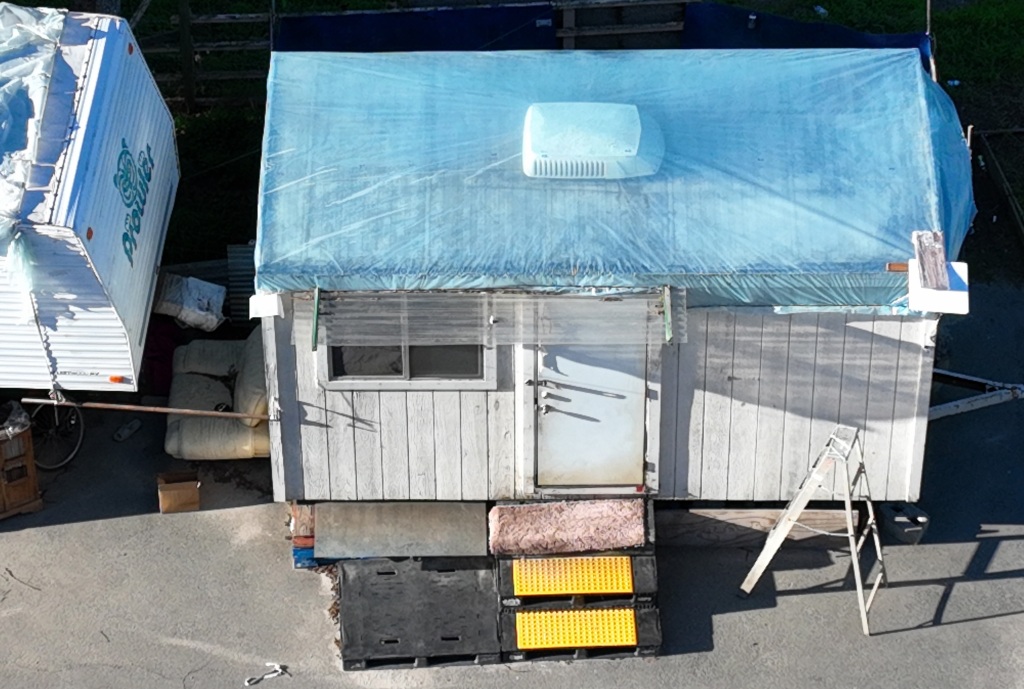There’s no question the employees on two Half Moon Bay mushroom farms lived in desperate circumstances. Many of their homes were flimsy shacks propped up on wooden pallets. The roofs leaked. There was often no running water or kitchens.
But while county and state officials quickly decried the living conditions exposed by the terrible mass shooting that erupted at California Terra Garden farm on January 23, they have mostly deflected when asked why the situation was allowed to persist. Now, a Bay Area News Group review indicates that laws meant to ensure livable farmworker housing often went unenforced in San Mateo County, allowing farm owners to neglect their struggling workforce, including the shooter and his victims.
Neither Terra Garden nor Concord Farms — the second shooting site in a disgruntled worker’s rampage that left seven dead — had permits for their worker housing. County officials say they take action against such illegal housing mainly in response to complaints, and there is no record that workers at either farm ever sounded an alarm.
But that response overlooks the county’s own responsibility amid an obvious reality for farmworkers in Half Moon Bay and across the state: Speaking out against working conditions may cost them their homes and jobs.
“There are laws on the books, but they just aren’t enforced,” said Ann López, director of the nonprofit Center for Farmworker Families in Santa Cruz County. “I see the issue as systemic.”
State law requires farm labor housing to be a self-contained unit with a sanitary toilet, shower, lavatory facilities, heating and electricity, and a kitchen with a refrigerator, sink and stove. In most California counties, the job of monitoring farm labor housing rests with the state. But San Mateo County, under a 1975 state authorization and county resolution, is among a handful of California jurisdictions that have taken over the task of oversight.
San Mateo County’s Planning and Building…
Read the full article here







